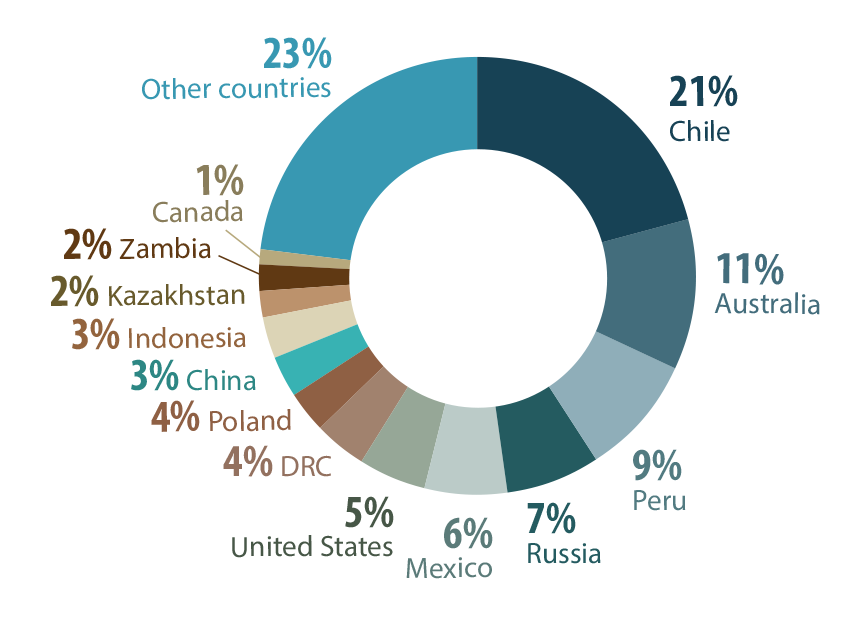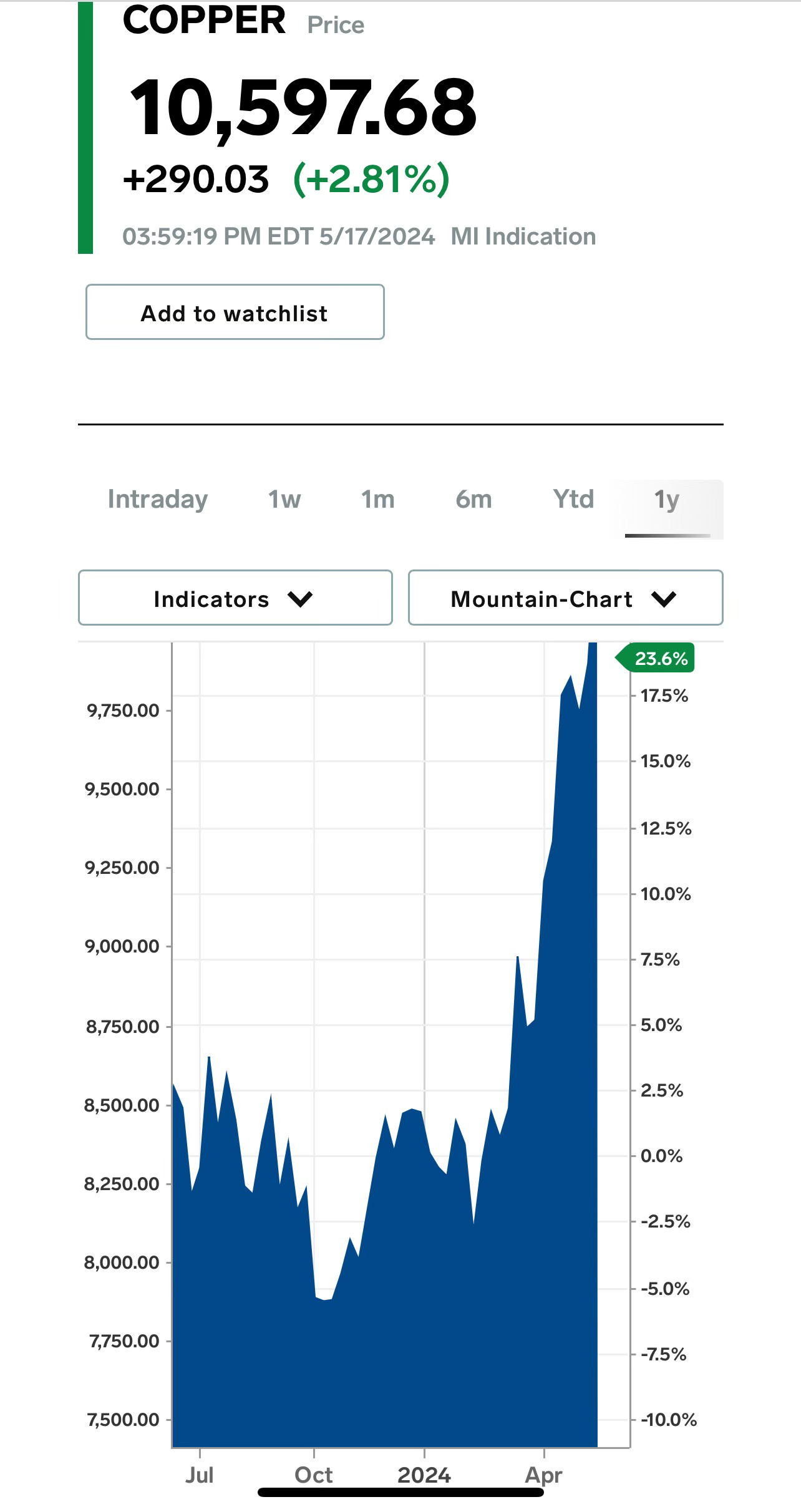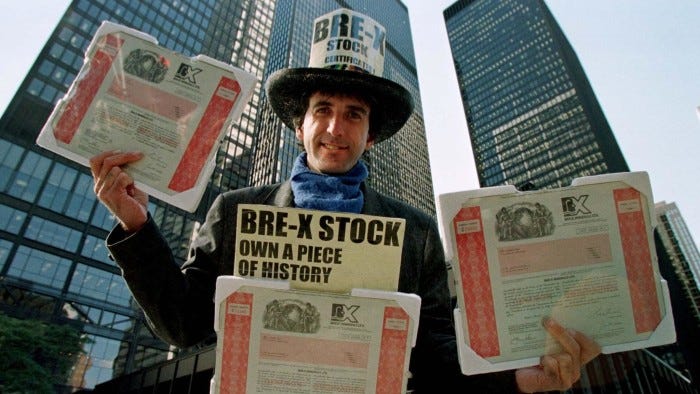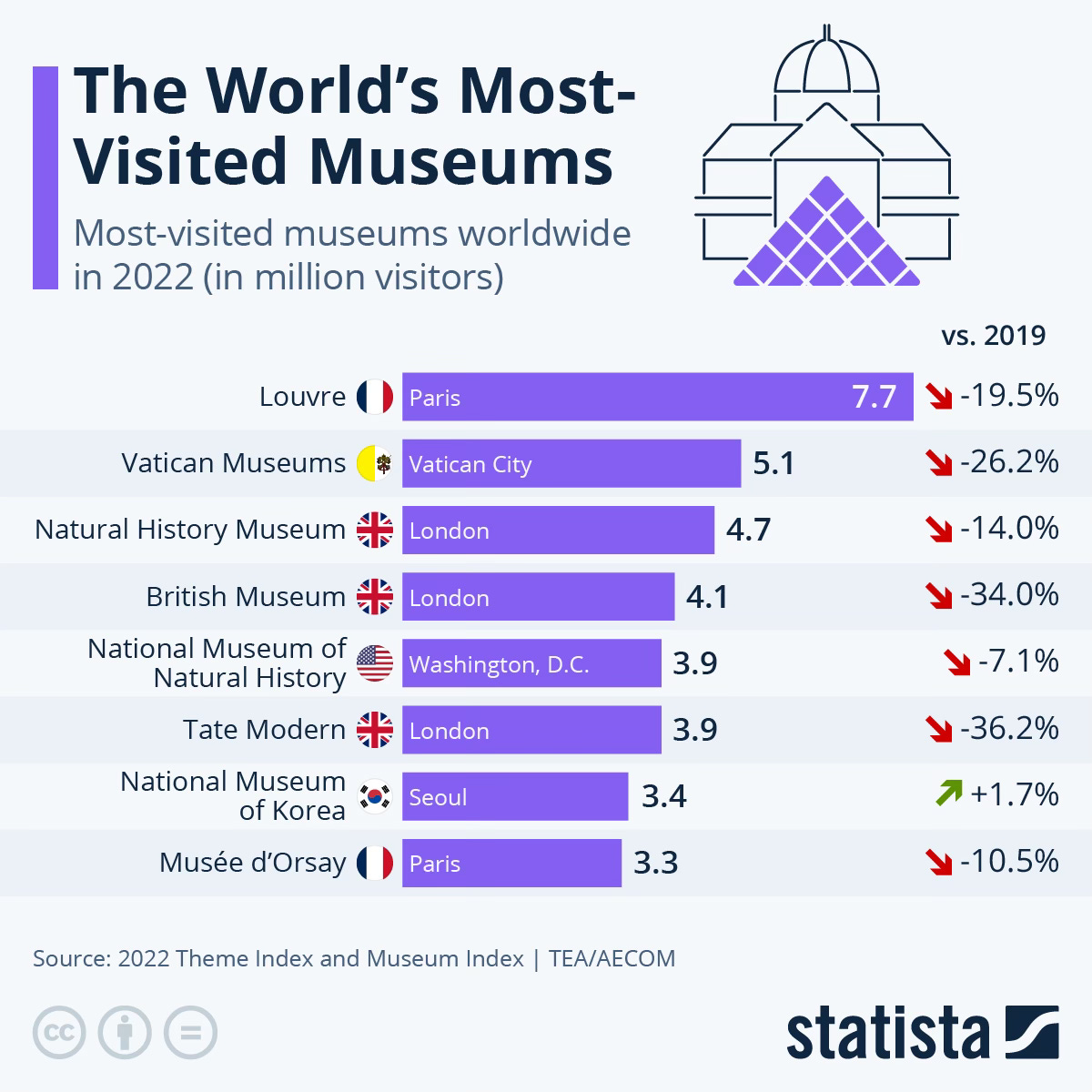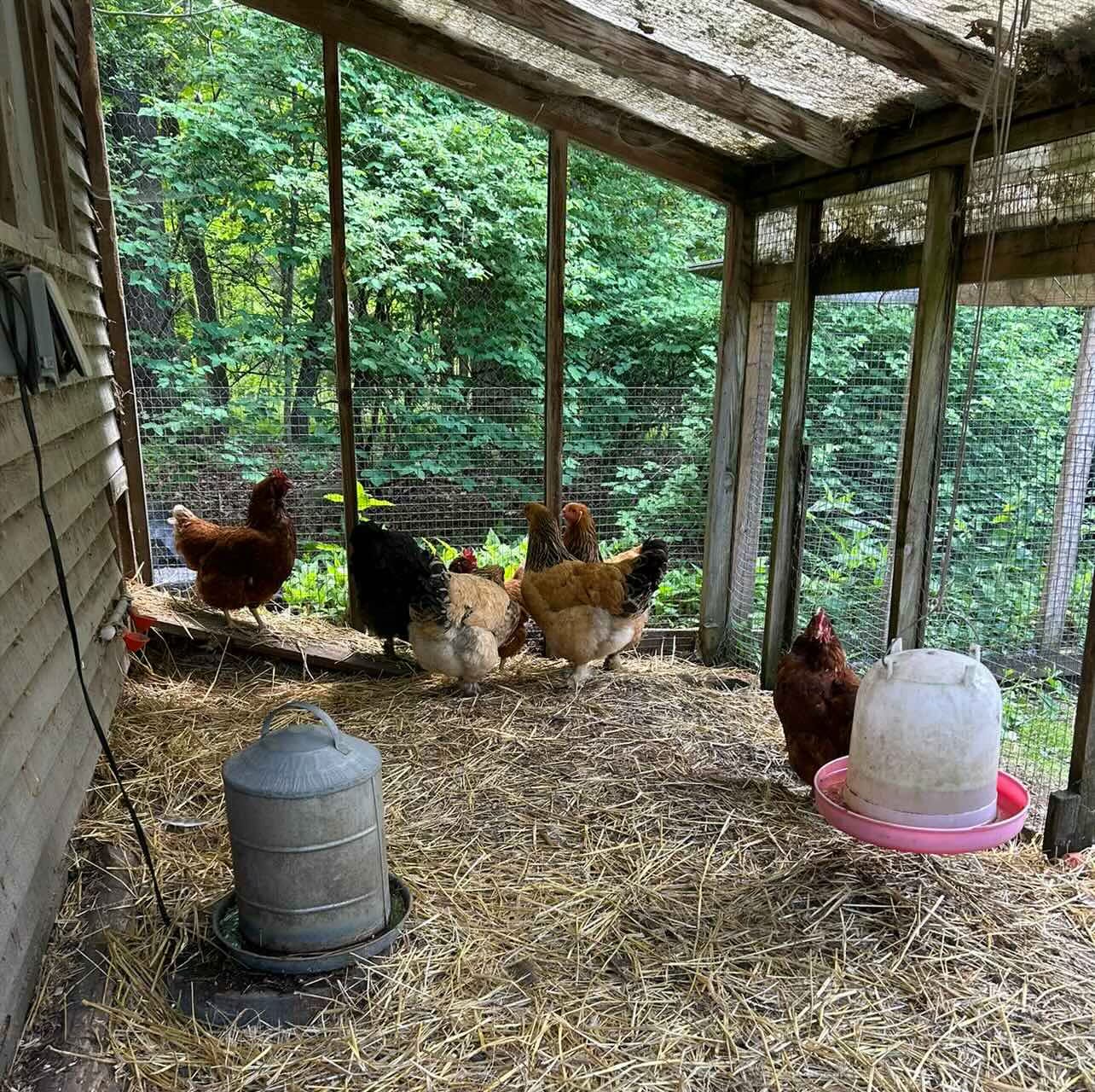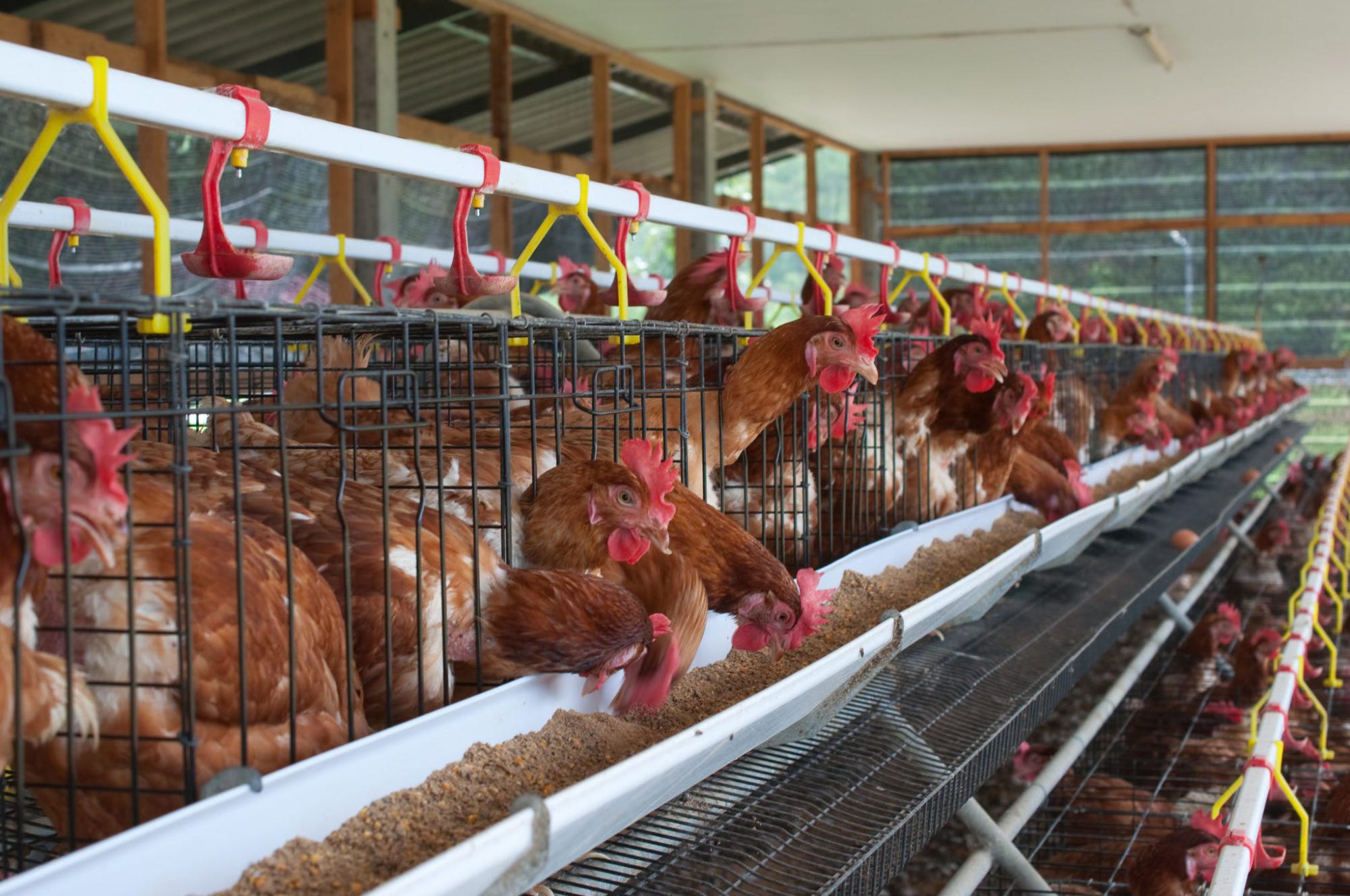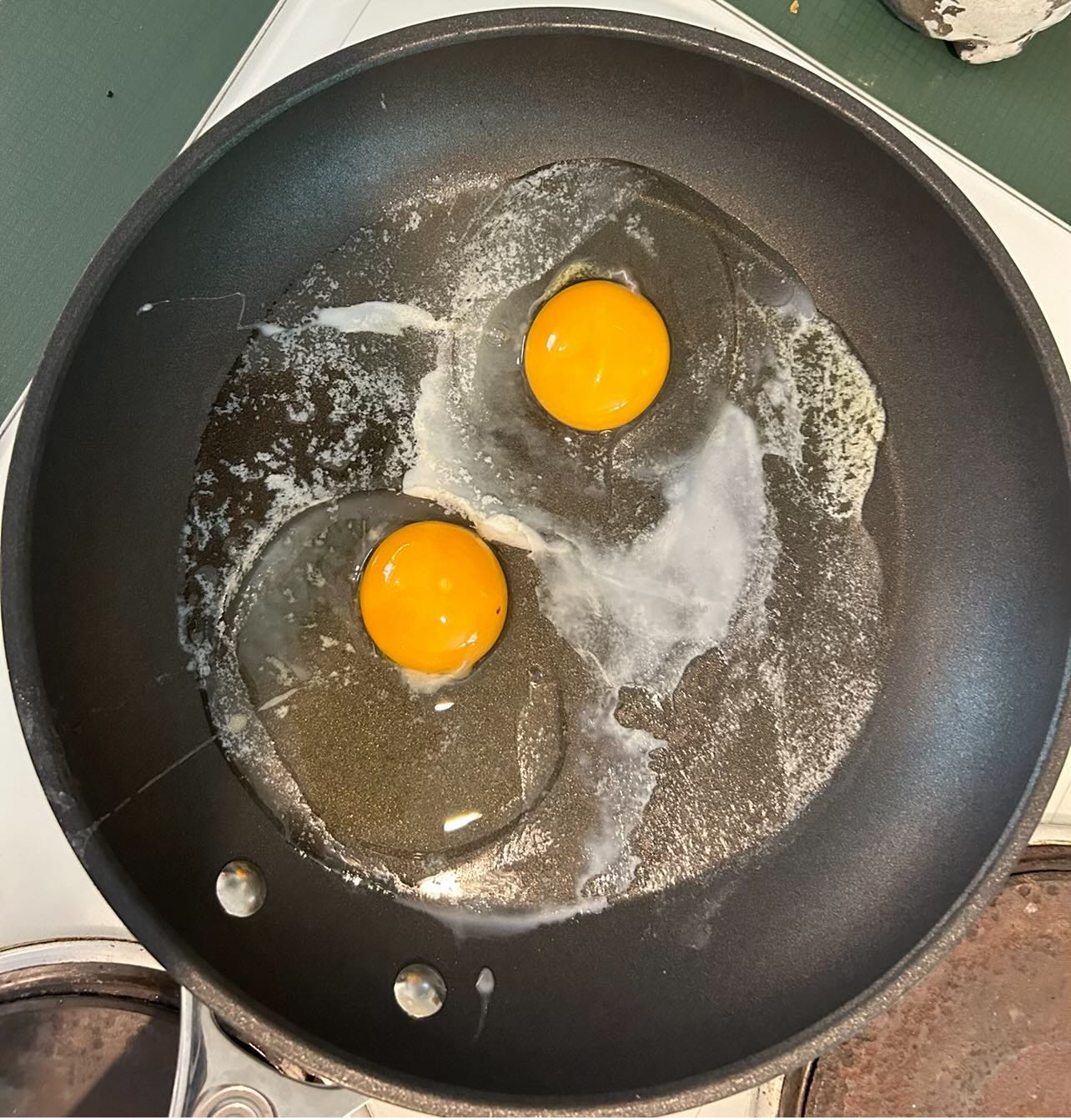Copper Zooms; Bre-X; The Demise of the Penknife? A Boom in Backyard Chickens
May 20, 2024 Volume 5 # 1
Copper Prices Soar
If the world is going to electrify it is going to need a lot of copper.
Electric cars need oodles of copper; so does anything that transmits electricity. This chart is from the Canadian government showing how copper is used around the world.
Politically the government is all in for net zero, battery plants, pouring in billions of dollars in subsidies, and electric cars. But several years ago it stopped a copper mine by declaring the area surrounding it to be a National Park. You can’t have one without the other. World reserves of copper, again from the Canadian government.
On Saturday I heard a commodity analyst on Bloomberg predict that copper is going to $15,000 a ton. One reason: a shortage of copper concentrate to make pure copper.
Reviving the Bre-X Gold Mining Scam
“They threw the (Bre-X) geologist out of the helicopter. The stock is going to zero,” said an elated Harry Hodge in March of 1997. We were at the Cambridge Club, a swish gym in downtown Toronto, and Harry, whose nickname was Harry the Horse for some reason, had been telling me for months that the Bre-X goldmine in Indonesia was a scam. Harry was short the stock, and when you betting against the house, there is nothing better than the price going to zero, which is where it went. Bre-X stock certificates sold for a couple of dollars as rec-room wall paper.
The geologist, Michael de Guzman, was either pushed out of the helicopter or he jumped. That is the basis of the BBC story which you can read by clicking below.
The gold mine was a complete scam. It was run by a guy named David Walsh, who I knew obliquely growing up. Walsh, whose nickname was Iggy, died of a a stroke soon afterwards, claiming till the end that he knew nothing.
My other connection to Bre-X was two people I was working with doing business reports at CBC News. They were both long the stock. A big no-no, but they were never caught. There was too much other stuff going on.
A Planned Penknife with No Knife
The people who make the Swiss Army knife are planning a version with no blade. The reason is simple enough: security rules at airports mean even the short blade on the Swiss Army knife is seen as somehting a hijacker could use. Victorinox, the company that makes them, says it is due to “violence in the world”. An article in the British newsppaper The Spectator says the Swiss Army knife is not a danger to anyone and that the company should re-brand itself Defeatinox.
Museum Hit List
How many have you visited? My count is five out of the list of eight. The one I visited most often is the British Museum. When I was 22 in London I had a crummy job around the corner and I used to go to the British Museum on my lunch hour. The museum I would go back to would be the Musée d’Orsay. Last time I was there I walked around the corner and by fluke bumped into Joe Schlesinger, the great CBC foreign correspondent.
Essay of the Week
A Market Created by Marketing Boards
On Saturday morning I drove an hour north of Toronto and met Greg Bray and his daughter Alyssa in a commuter parking lot for a chicken exchange. We put six chickens in a poultry cage in the back of my car and I drove the birds 660 kilomteres back to Knowlton. Not only does Alyssa raise beautiful prize-winning birds, but laying hens are hard to come by these days.
Perhaps it's the rising cost of eggs and chicken breasts, or maybe just the joy of keeping chickens, but more and more local people have taken to raising them for eggs and meat. But if you want to buy a backyard chicken this year in rural Quebec where I spend half my time, you are out of luck. The two big local outlets, Coderre in Knowlton and FG Edwards in West Brome, are sold out.
"We sell about 800 to 1,000 ready-to-lay hens every year and 60,000 day-old chicks to be raised as meat birds," says Ross Clarkson of Coderre. "The laying hens are sold locally, but some of the meat birds are sold well outside our area."
Who buys chickens?
Small hobby farmers and those who keep backyard chickens for eggs or meat. Because of the rules for chicken and egg marketing boards, people without quota can own up to 100 laying hens and 300 meat birds. I raised meat birds once; never again.
"This year at Edwards, we had 1,500 layer hens that were a mix of Plymouth Rock, Bovan Noire, and Lohmann Brown. Orders really vary from one single hen to replace a lost or elderly bird or 12 to 15 to start a good-sized flock," says Charles Benjamin, owner of FG Edwards. "Our hens were all 17-19 weeks old and from feedback from customers they started laying shortly after they found their new homes.
The hens are bred to be prodigious egg-layers and lay as many as five eggs per week each. The day-old chicks take about two months or so to mature and are then taken to local abattoirs to be turned into meat, which in many cases will last until the next spring.
It seems to me the high price of eggs and meat is the big reason people have taken to raising backyard birds. The prices are set, not by demand, but by the big growers protected by strict laws. There is one marketing board for eggs and another for meat birds. The eggs are mostly produced in giant barns where the hens are in cages and the eggs fall down into a conveyer belt. Just one egg in this photo.
The eggs are collected by automation; it is not happy family farms as portrayed in friendly egg ads on TV. Eggs from the store have a date stamp on them. Of course, without these big farms there wouldn’t be enough eggs to go around.
People living in high rises might have trouble keeping a couple of layers on their balcony, though it could be done. But the big farmers operate under the shelter of marketing boards. It is called Supply Management; it is all supply and no signals from demand. The marketing boards set the price and the price is high. There are no boycotts of marketing boards, as there are of grocery stores, because most people don’t have a clue about how egg and chicken meat prices are set.
The yolks of backyard eggs are more orange in colour.
There are no numbers stamped on the backyard chicken coop eggs. And at the local supermarket eggs can cost up to C$9 a dozen, that’s for free range.
Economics 101. The high prices from marketing boards mean people are raising their own birds. The big farmers don’t really care; they can set the prices to any level they want and watch as politicians pile the blame on grocers.





